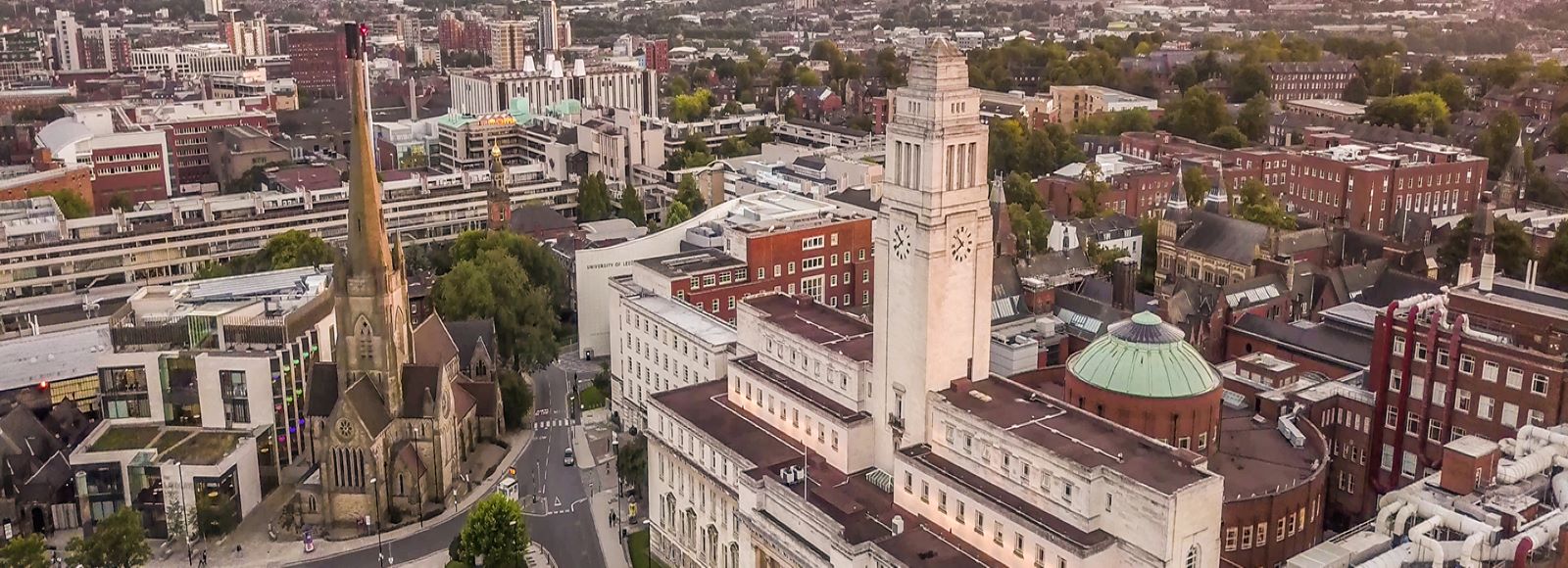- ...
Postgraduate Studentships - Search for funding opportunities.
Postgraduate Studentships - Search for funding opportunities.
This course will provide you with a broad understanding of the varied role of media and communication in society.
The flexibility of this course means you can develop general expertise and/ or specialist knowledge in particular fields, such as film, political communication or the cultural industries more broadly.
Core modules introduce a range of theoretical perspectives and their application in real-world contexts. You’ll have the opportunity to choose from optional modules; the content of these modules is informed by the research interests and practice of academic staff who teach them. You’ll undertake an independent research project, working under the guidance of an individual supervisor.
You’ll study two core modules that lay the foundations of the course, exploring theoretical approaches to communication and media. One of these will consider issues such as de-westernising media and communication studies, interpersonal communication, media and power and the concept of the public sphere. You’ll then use these theories to take a critical approach to real-world issues, as well as developing your own perspectives on topics that interest you.
On top of this, you’ll build specialist knowledge through your choice of optional modules. These can include topics such as television narrative, media and globalisation and media and democratisation. The optional modules allow you to focus on topics that suit your own interests or perhaps reflect your career aspirations.
Throughout the course, you’ll prepare for your dissertation through the Dissertation and Research Methods module. Your dissertation is a major independent research project on a topic of your choice, which you submit at the end of the course.
If you choose to study part-time, you’ll complete this course over two years, instead of one, taking fewer modules each year.
A bachelor degree with a 2:1 (hons) in a social sciences or humanities subject.
See our website for fees
You’ll gain diverse and in-depth subject knowledge from this course, as well as sophisticated skills in research, critical analysis, interpretation and oral and written communication. You’ll also develop strong cultural and critical awareness of the world around you, giving you the skills employers look for.
Graduates have gone into a wide range of careers that reflect the breadth of the topic, including communications advisors, public relations practitioners, media executives, and corporate managers. The course also offers an excellent foundation for PhD study.
Compulsory modules
Typical Optional modules

Take your knowledge to the next level with a Masters at Leeds A leading research university in one of the UK’s most diverse and vibrant cities, our p...
Sign up to Postgraduate Studentships
Sign up to compare masters
Thanks for making your selection. Click below to view your comparisons.